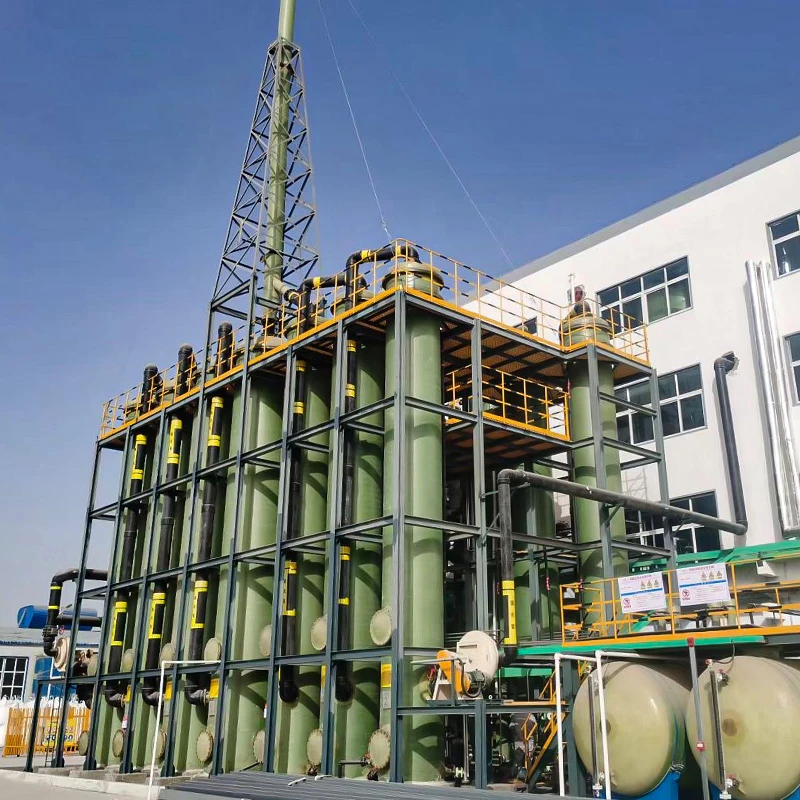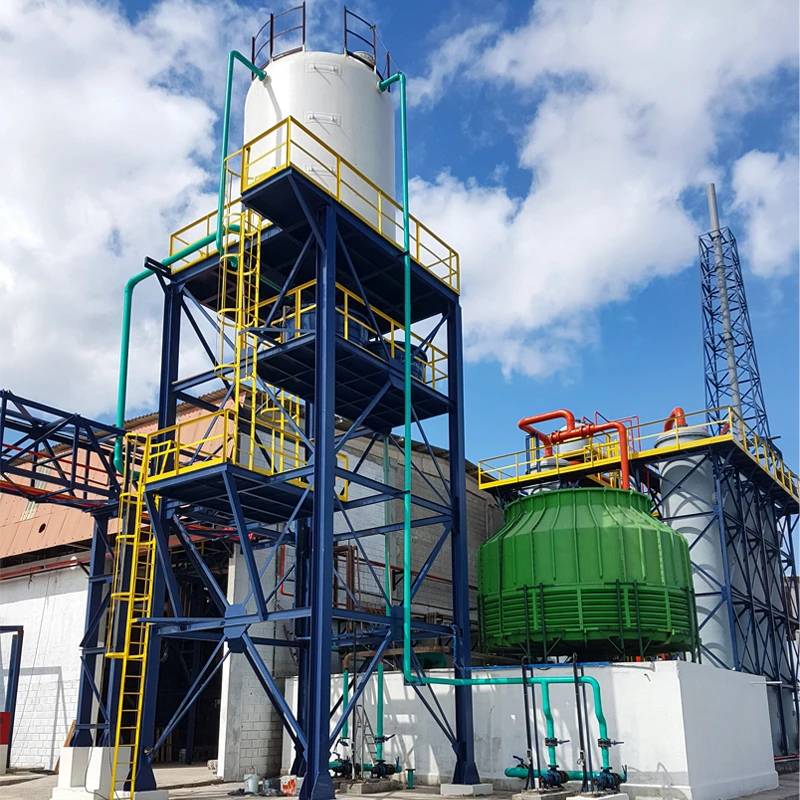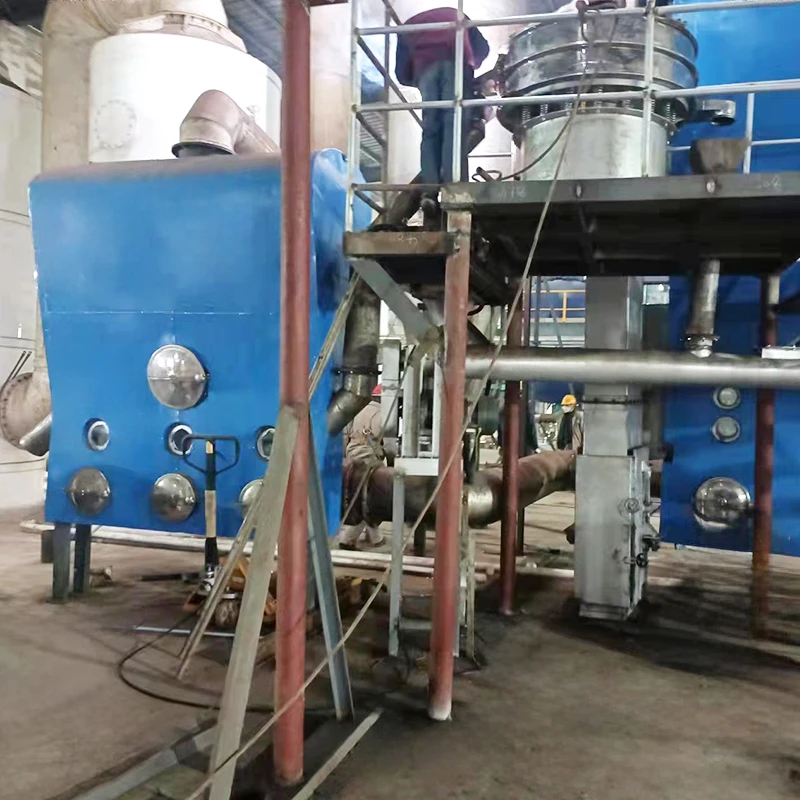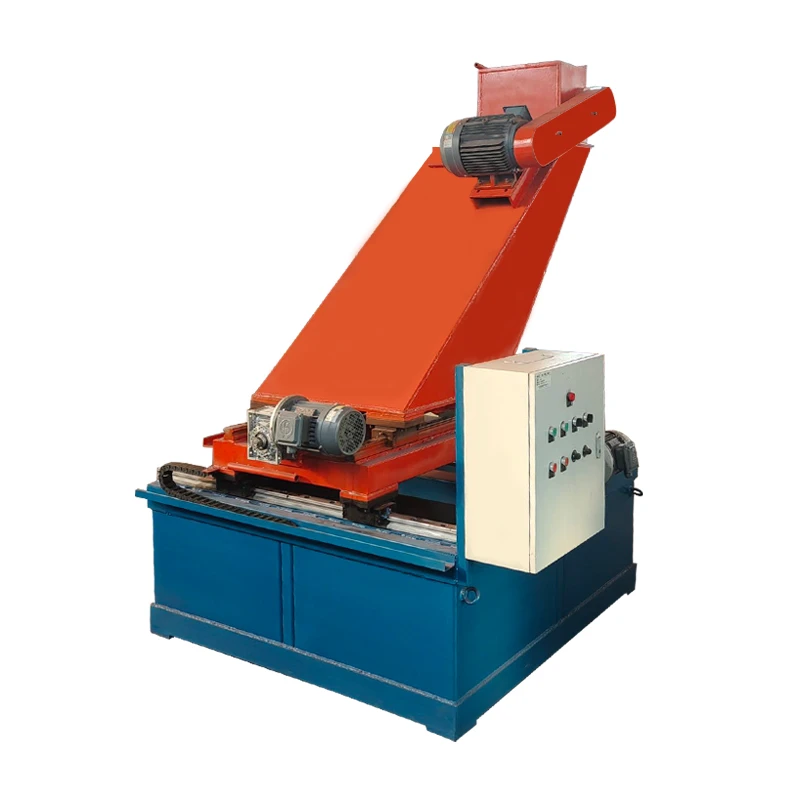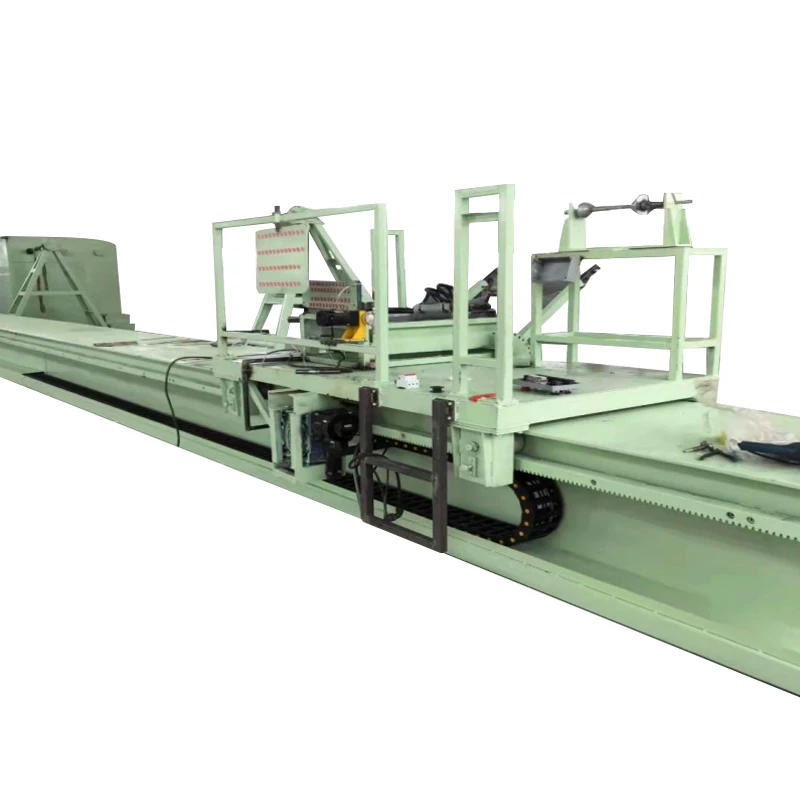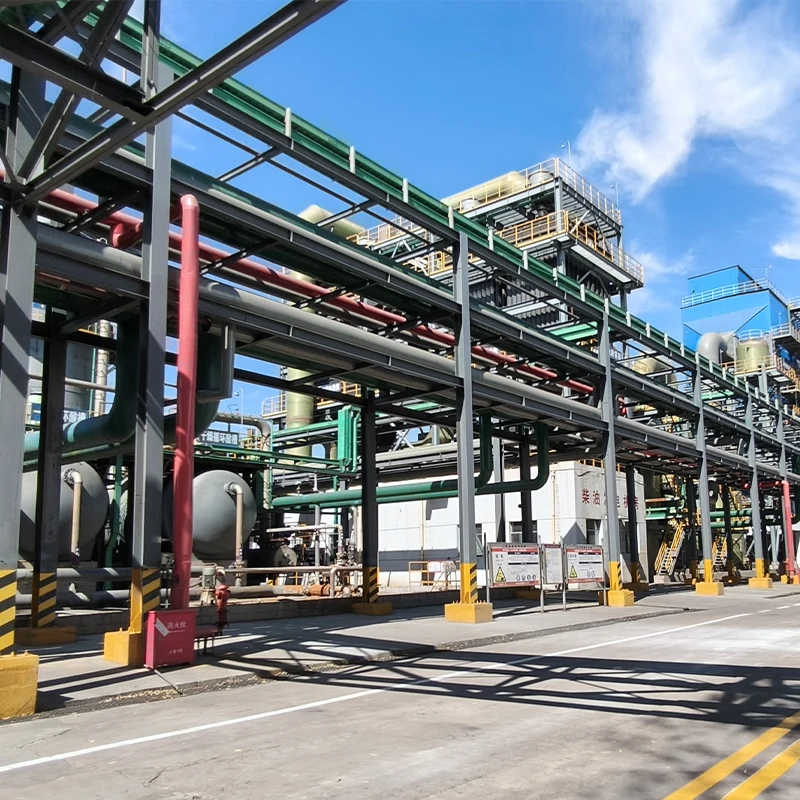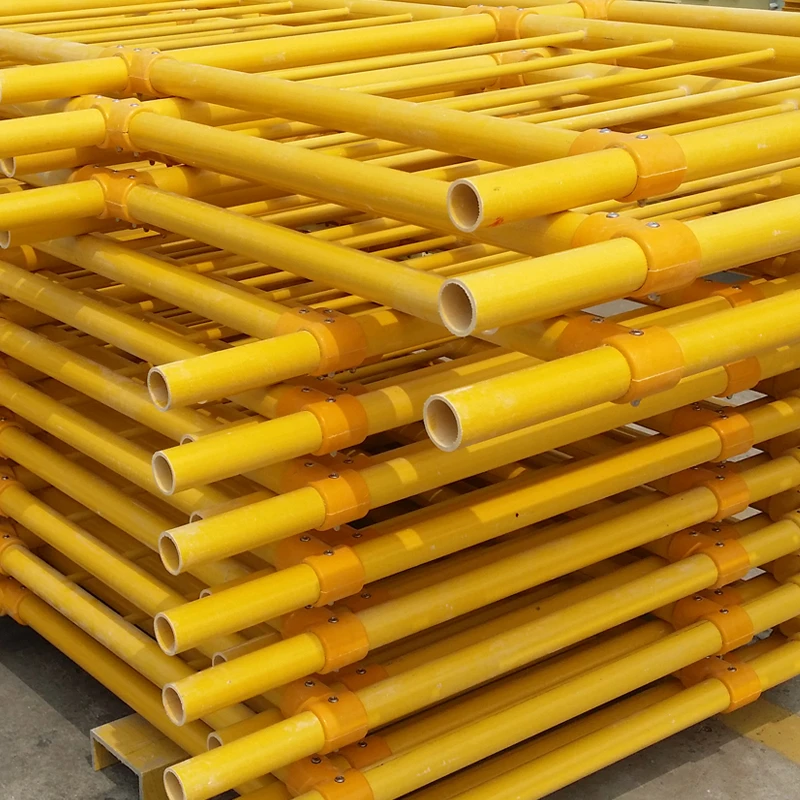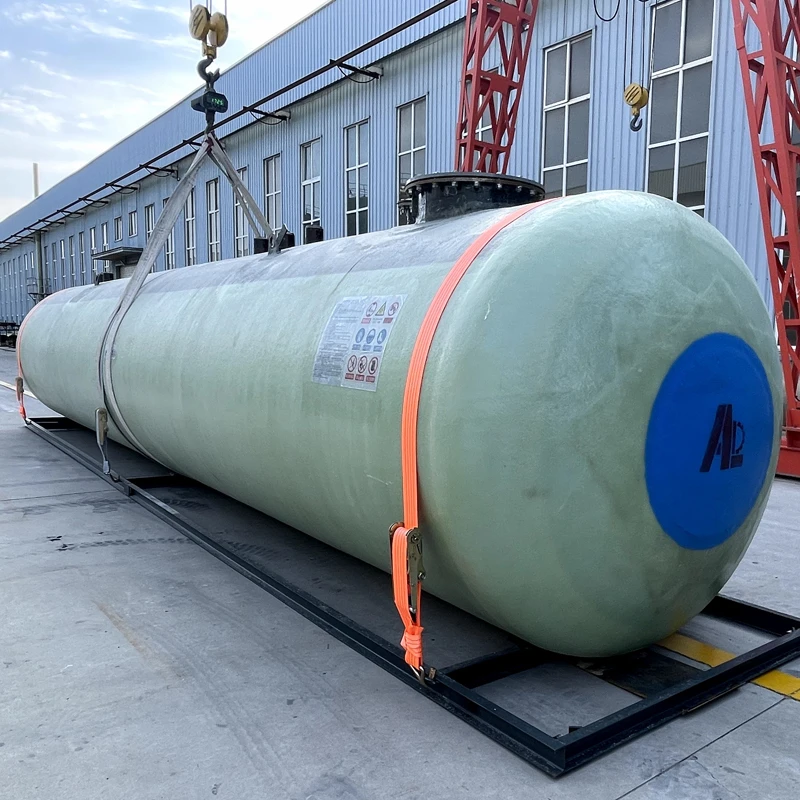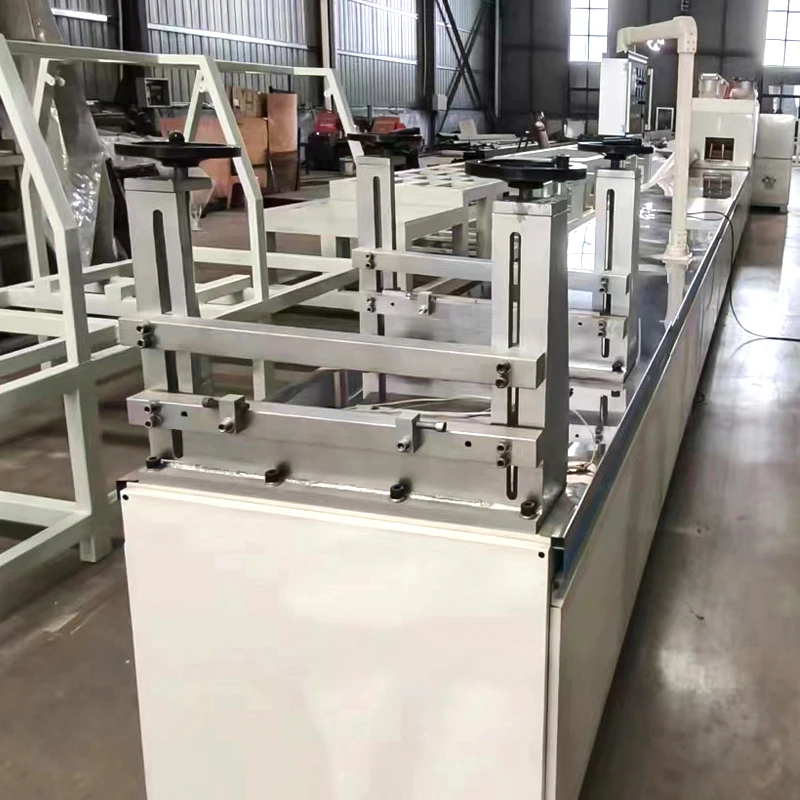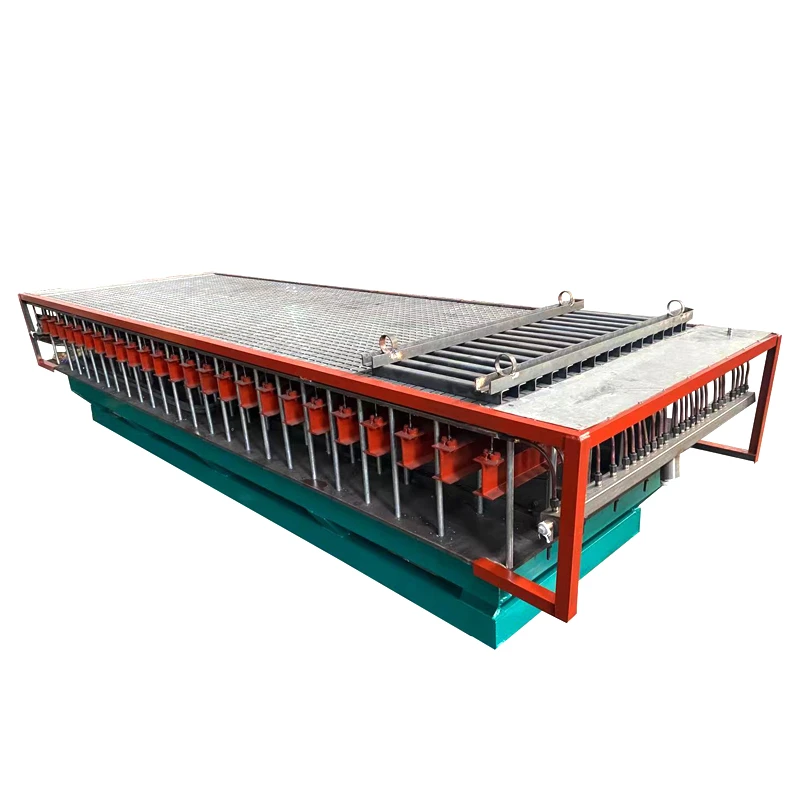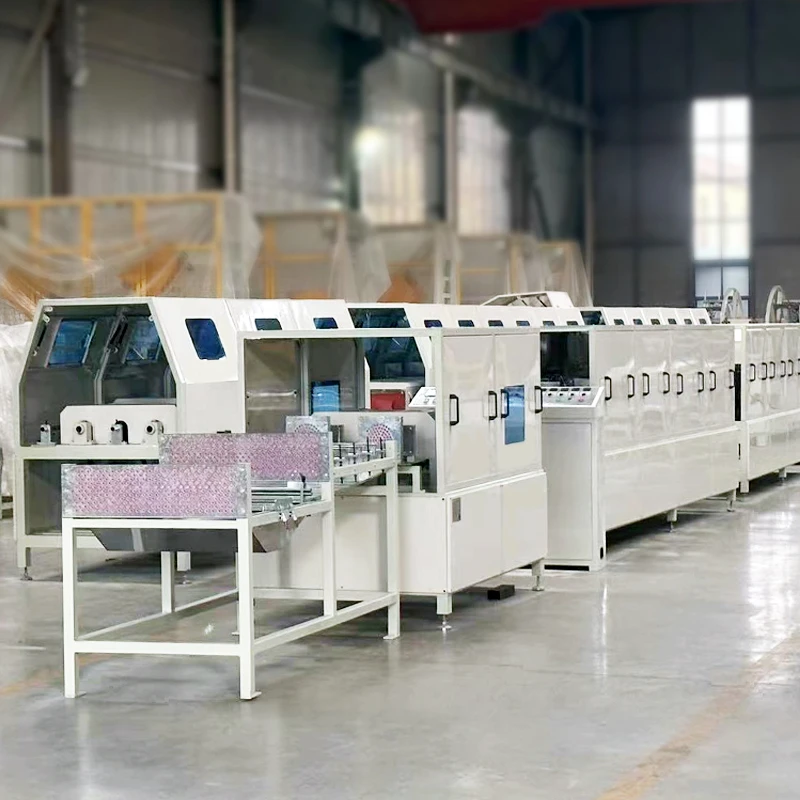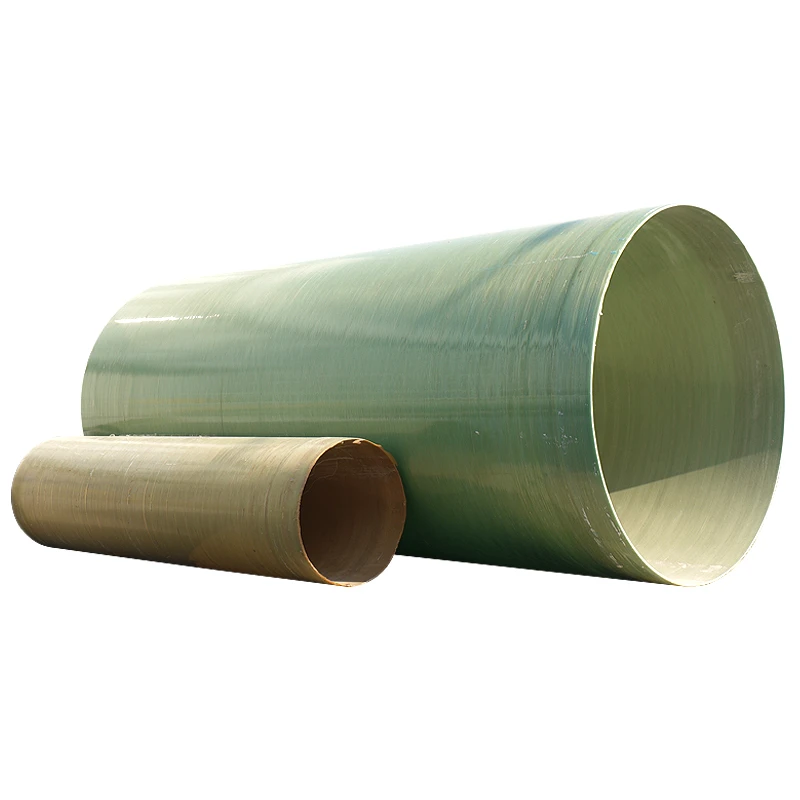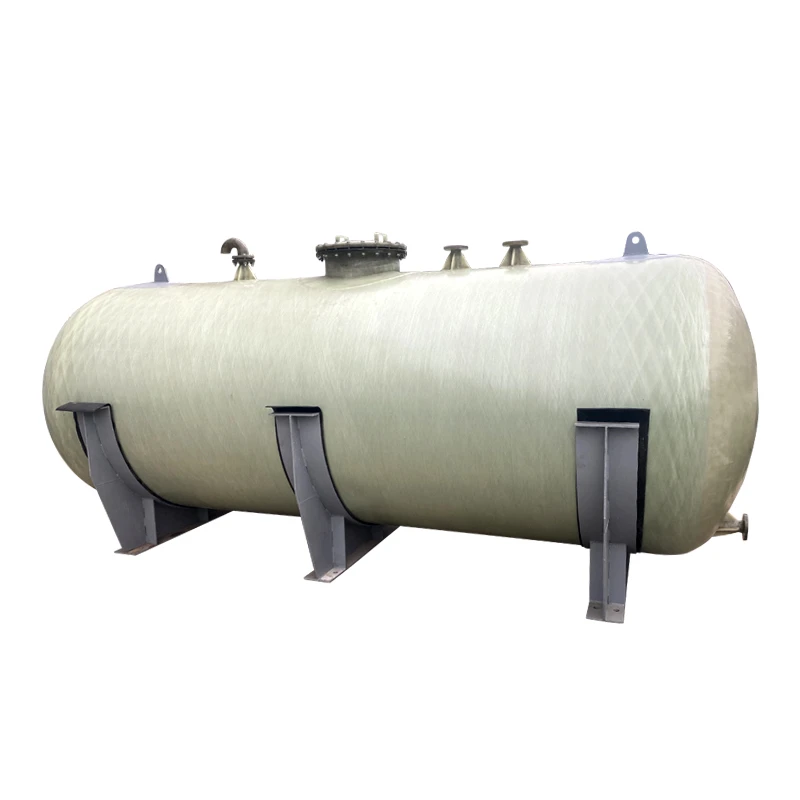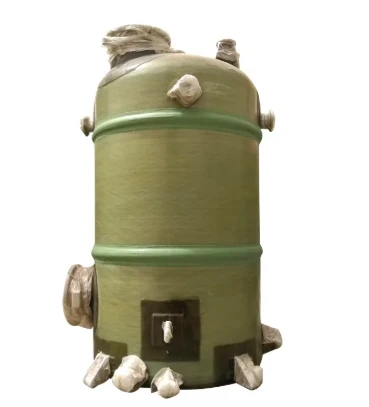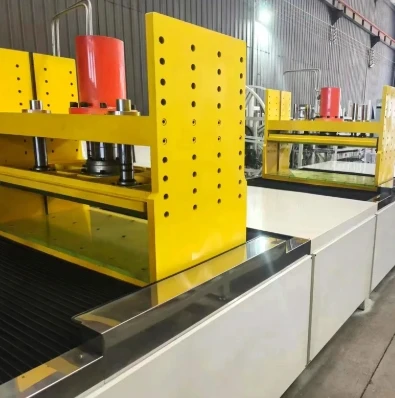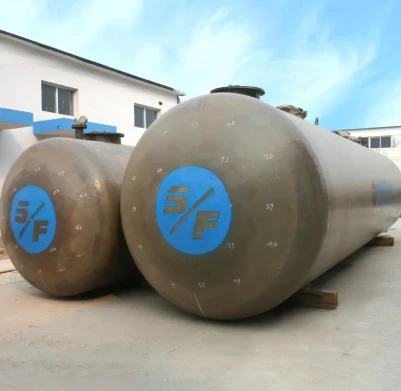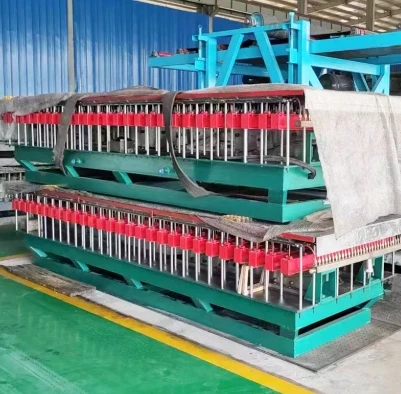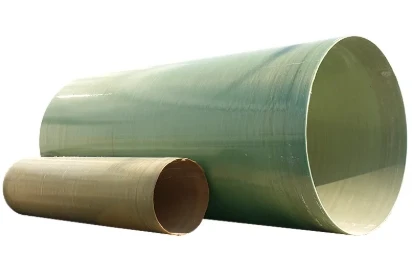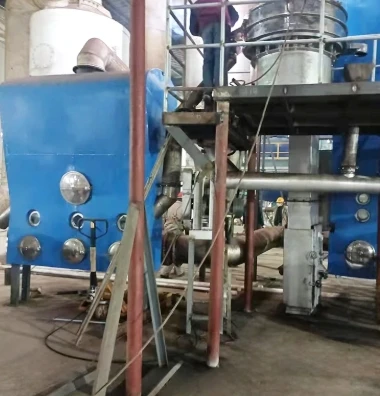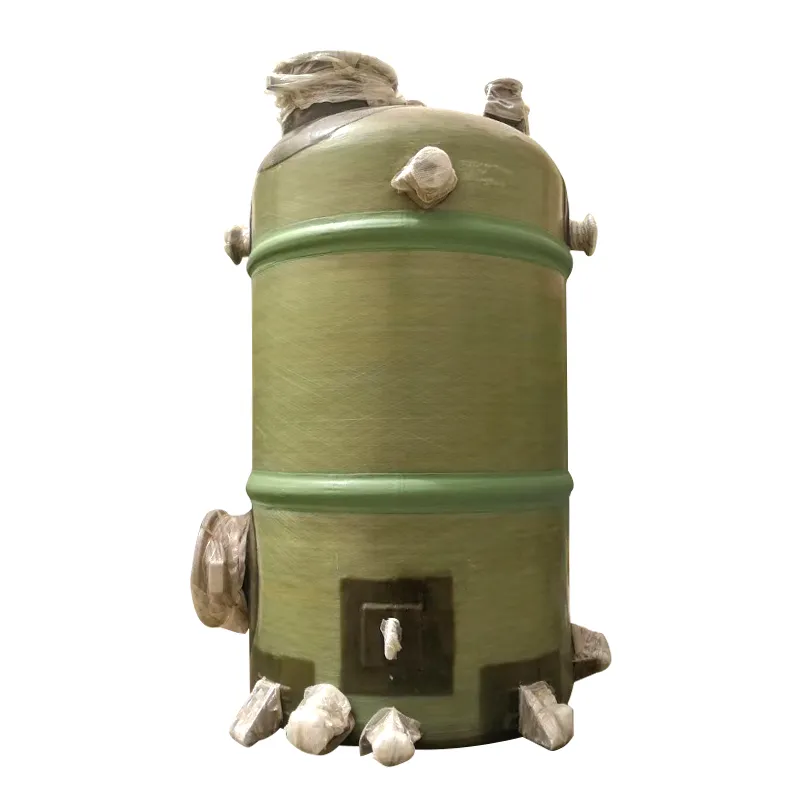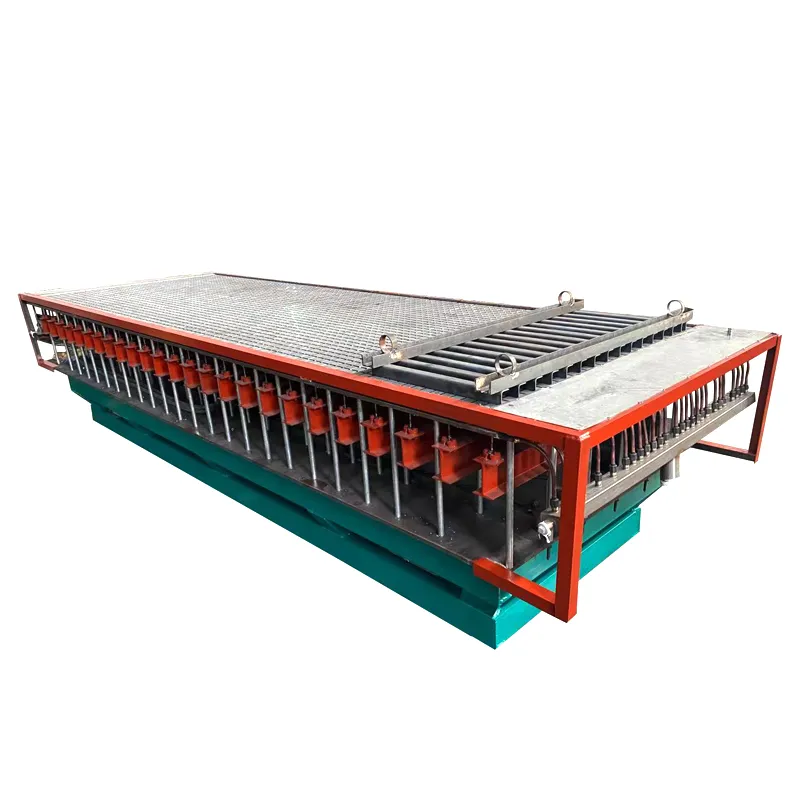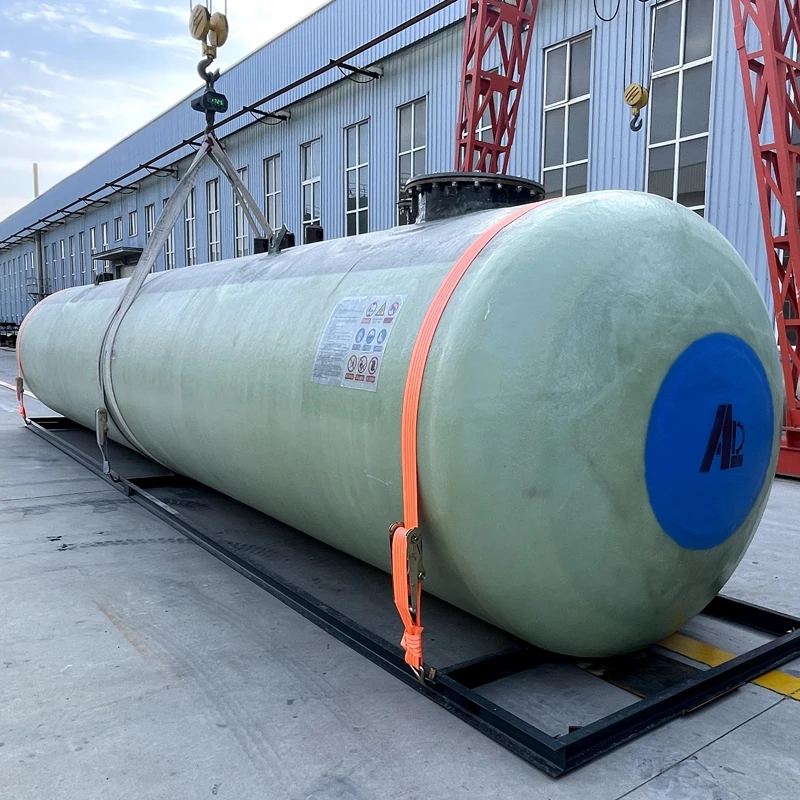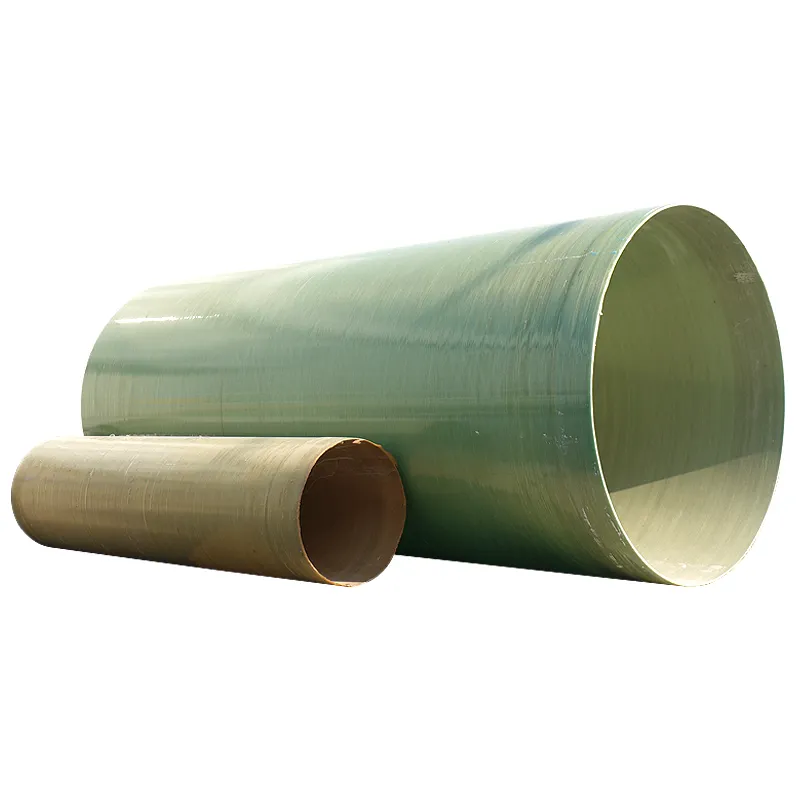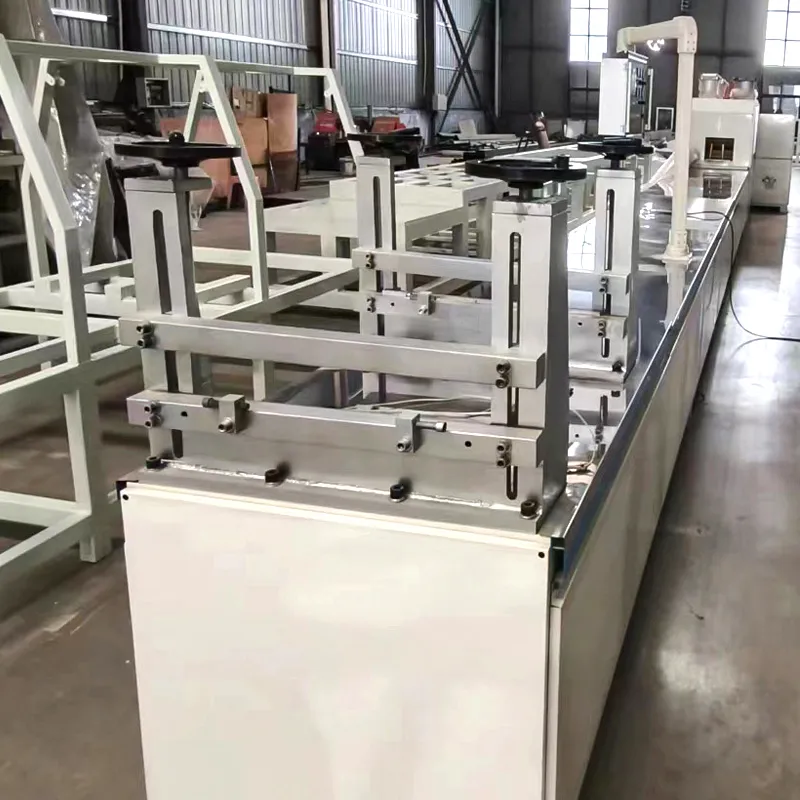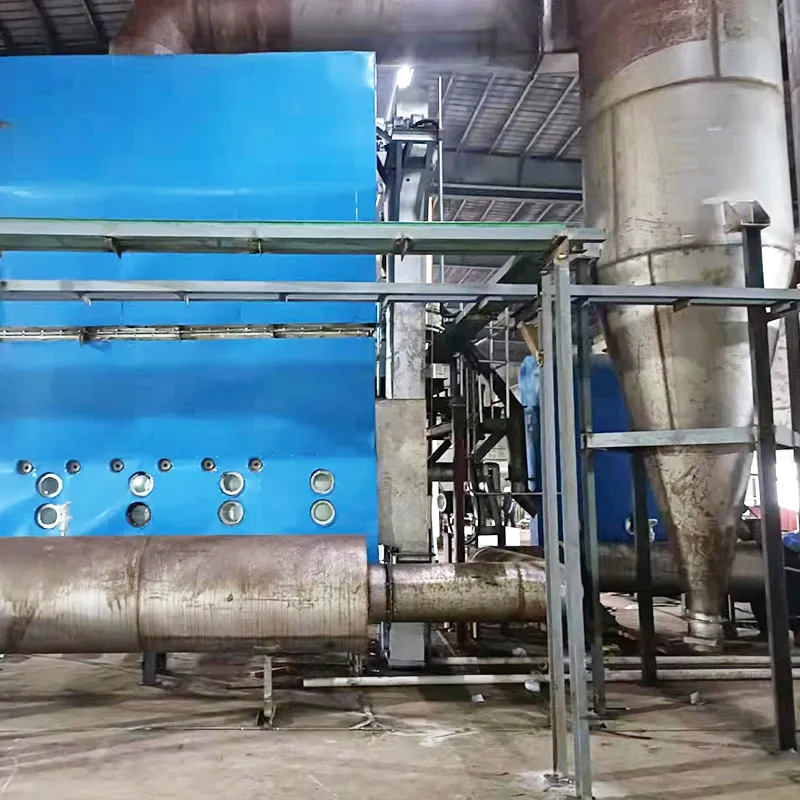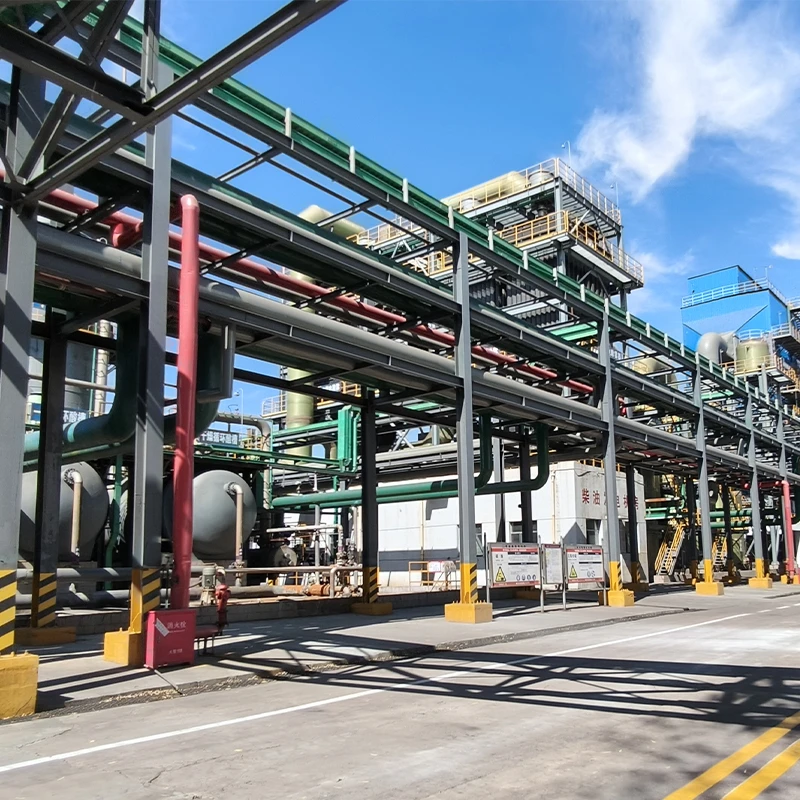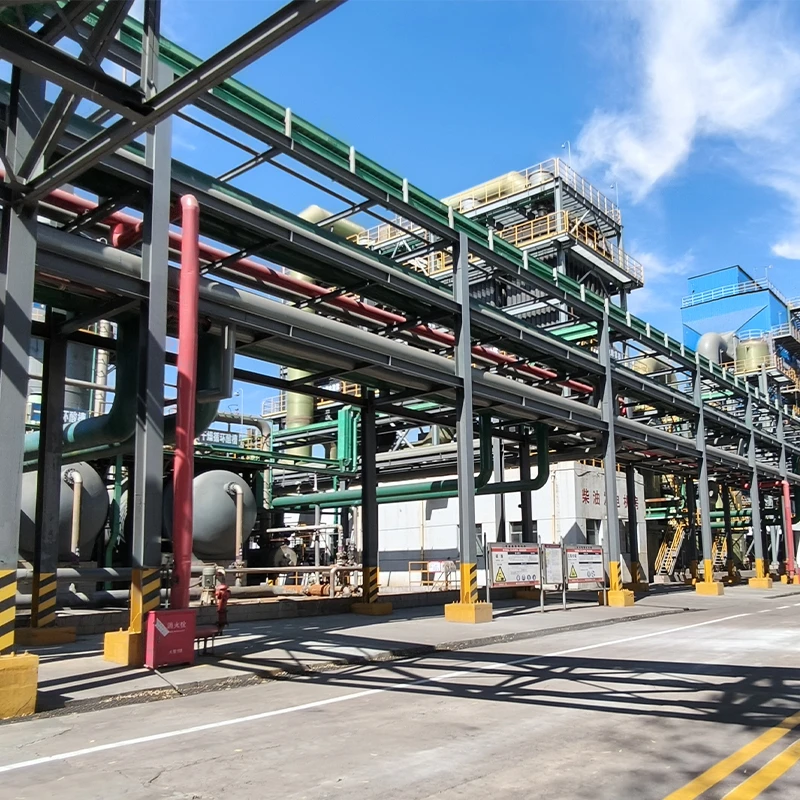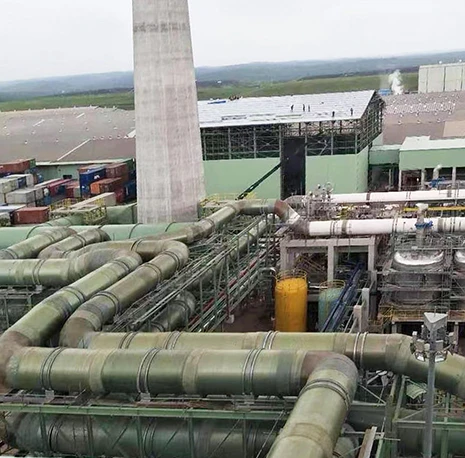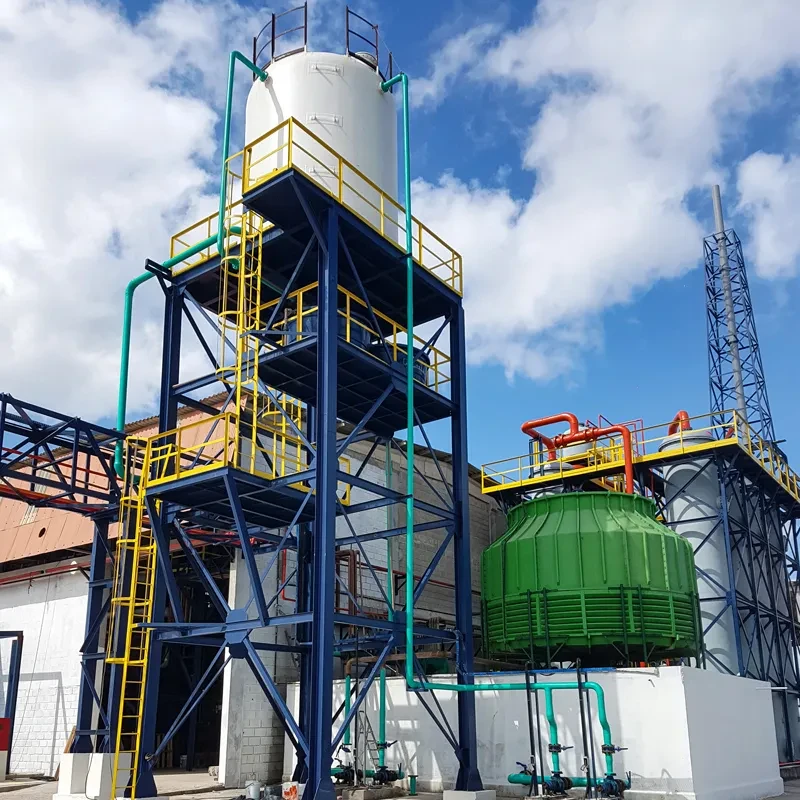Premium Potassium Sulfate Production Solutions for SOP Plants
Potassium sulfate (K2SO4): one of the most essential water-soluble fertilizers worldwide, is critical for global agriculture and multiple industries by delivering chloride-free potassium and sulfur. With the evolution of high-performance potassium sulfate production lines like the Potassium Sulfate Fertilizer Production Line, the SOP (Sulphate of Potash) sector is experiencing rapid technological transformation. Below, we delve into industry insights, technological advances, critical component comparison (including sop plant, rake teeth, and rake tines for sale), customization options, typical use cases, and authoritative certifications to offer a comprehensive view for procurement, investment, and technical evaluation.
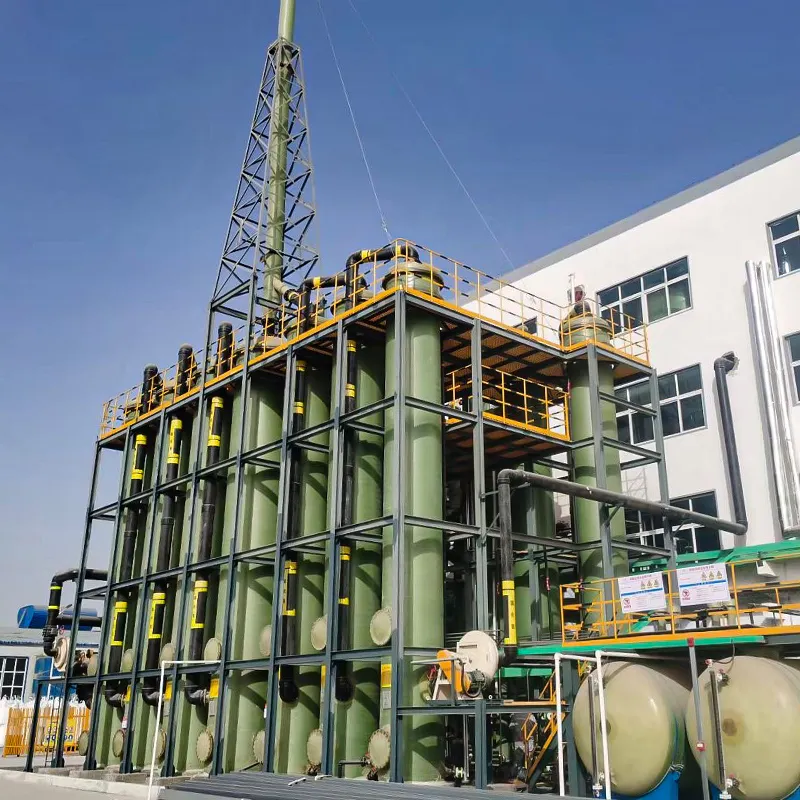
Industry Trends in Potassium Sulfate Production (2020–2024)
Global demand for potassium sulfate production continues to rise, bolstered by the growth of horticulture, eco-friendly agriculture, and demand for chloride-free potassium fertilizers. The market, valued at USD 5.1 billion in 2022 (Markets and Markets), is forecast to grow at a CAGR of 5.2% until 2030. Key industry drivers include:
- Advanced sop plant expansion in the Middle East, China, and Europe
- Integration of automation, CNC processing, and ISO-certified manufacturing
- Increased demand for high-quality SOP for high-value crops (fruits, vegetables, tea, tobacco)
- Rising focus on fertilizer granulation uniformity for precision agriculture
- International rake teeth and rake tines for sale market growth for robust processing demands
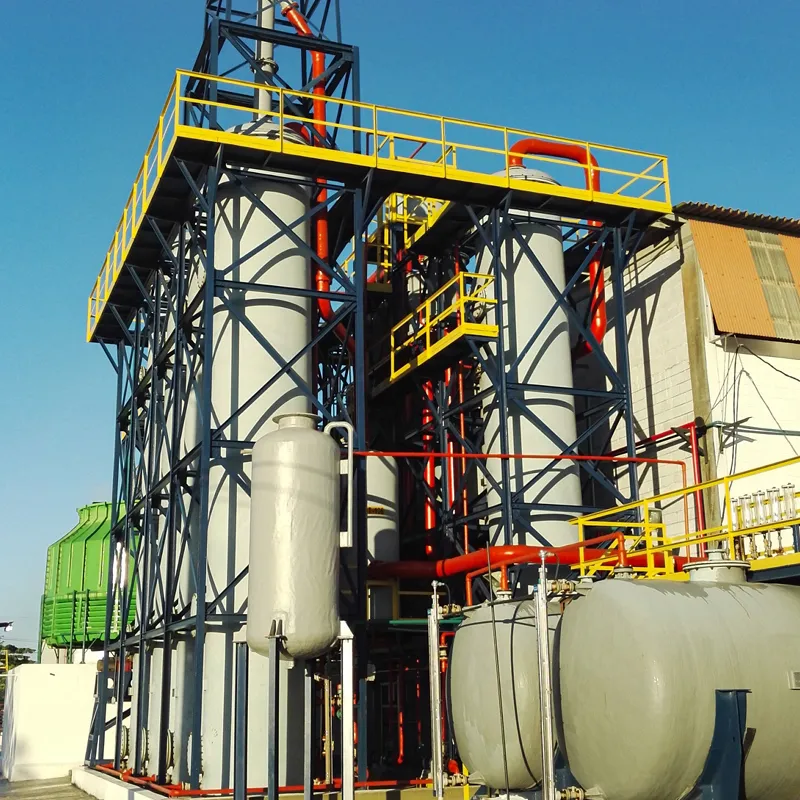
Potassium Sulfate Fertilizer Production Line: Technology, Flow Chart & Key Nodes
Manufacturing Process Flow of Potassium Sulfate Production (K2SO4)
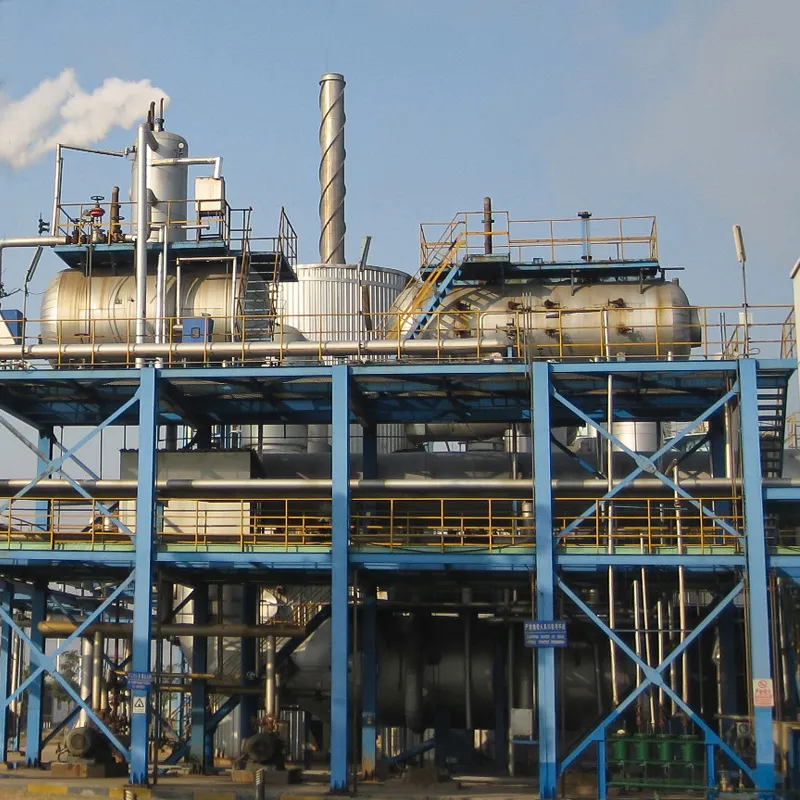
Key Manufacturing Nodes & Technical Specifications
| Process Stage | Technical Parameter | Main Materials | Machining/Standard |
|---|---|---|---|
| Raw Feed Inlet | Granular KCl, >99.8% purity | Ceramic lined steel, FRP | ISO 9001, ANSI B31.8 |
| Mannheim Furnace | 850–950℃; 316SS lined | Heat-resistant cast iron, SiC plates | CNC-welded, EN 13445 |
| Reaction Rake Teeth | AISI 304/316, HRC 46-52 | Precision forging/CNC | ASTM A276, International rake teeth spec |
| Waste Gas Unit | Scrubbing, SO2 limit <10mg/m3 | FRP, Teflon-lined | EPA/ISO 14001 |
| Granulation Drum | Up to 5,000 t/y, Ddrum=2.4–4.3m | SS-316, anti-corrosion | ANSI, ISO 22241 |
| Packing Station | 10–50 kg, Auto-scale bags | Industrial PVC, steel frame | CE/ISO 20613 |
Potassium Sulfate Fertilizer Production Line: Product Introduction
The Potassium Sulfate Fertilizer Production Line (Spec sheet & application) is designed for efficient, safe, and continuous potassium sulfate production. Featuring modularized SOP plant blocks, advanced rake tines for sale with CNC-forged teeth, and international chemical process compliance, this production line is engineered for long-term, low OPEX operation.
- Capacity: 10,000 – 60,000 t/y (customizable)
- Material Touching Part: SS316L/5060(HB) heavy-duty alloy
- Control System: Schneider/Siemens PLC, DCS optional
- Key Wear Parts: ISO-compliant rake teeth & internationally sourced rake tines
- Furnace System: Up to 980℃, multi-safety blocking
- Product: SOP 99% min., Moisture ≤0.3%, Particle Size: 0.15–1.2mm
- Applications: Smart agriculture, industrial K-bearing compounds, feed additives, chemical intermediates
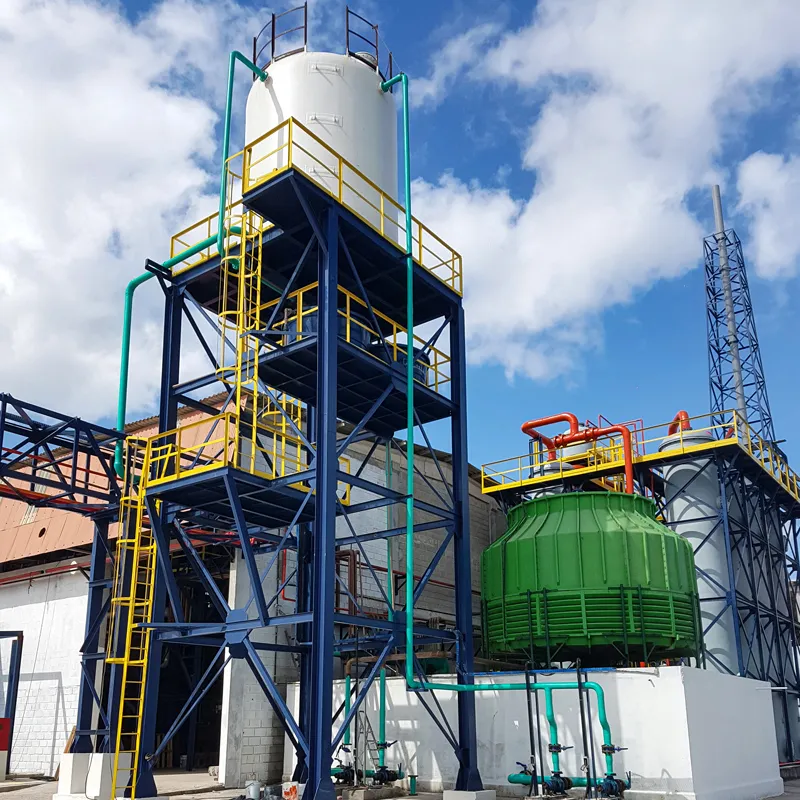
Key Technical Data: Potassium Sulfate Production Benchmarks
| Parameter | Potassium Sulfate Fertilizer Production Line | Conventional SOP Process |
|---|---|---|
| Product Purity | ≥99.0% | 96–98.5% |
| Granule Size | 0.15–1.2mm | 0.2–2.0mm |
| Yield Efficiency | 95–98% | 89–93% |
| Annual Output (t/y) | 10,000–60,000 | 3000–20,000 |
| Key Rake Teeth Service Life | 8,000–15,000 h | 2,500–6,000 h |
| Energy Consumption | 250–300 kWh/t | 330–430 kWh/t |
| Standards Compliance | ISO 9001, ANSI, CE, SGS | --- [mixed compliance] |
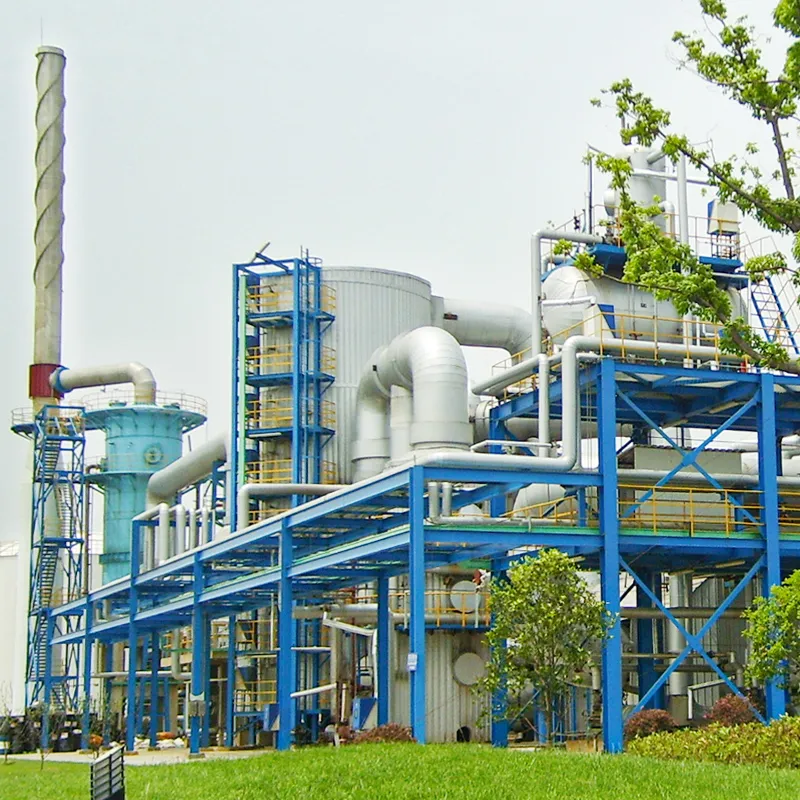
Technology Parameters Trend Chart
Component Focus: Rake Teeth, Rake Tines and SOP Plant Customization
The rake teeth and rake tines for sale are crucial wear parts in the potassium sulfate production sequence, impacting process uniformity, energy consumption, and maintenance frequency. We supply international standard rake assemblies (ASTM/ISO/ANSI) engineered for extended service lifespans and corrosive environments, achieving 8,000–15,000 working hours under continuous operations.
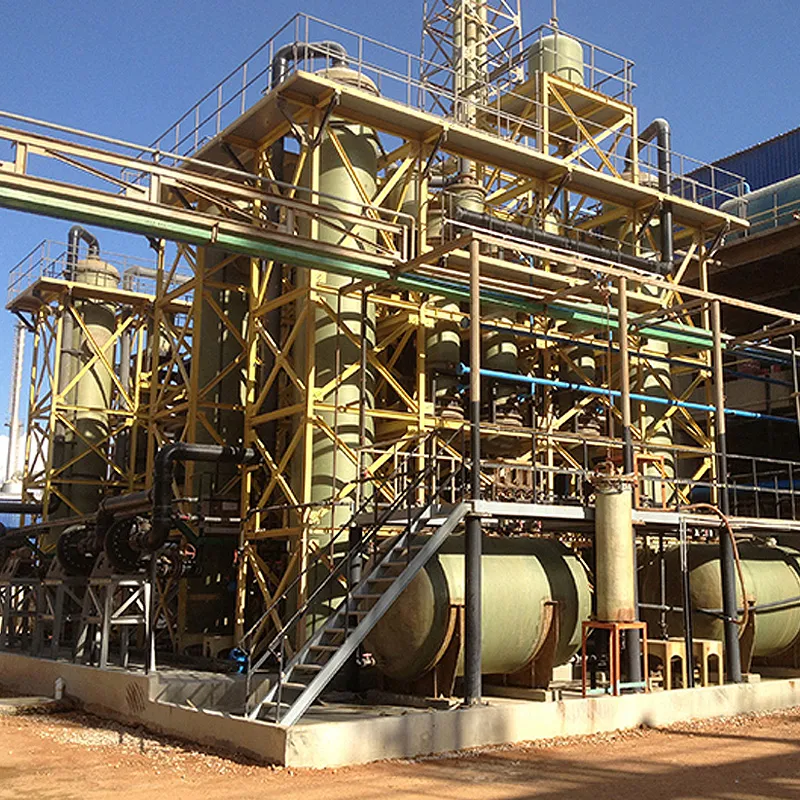
- Material: AISI 304/316 SS, anti-corrosive overlay, HRC 46-52
- Profile: CNC-forming, precise tip geometry for optimal agitation
- Standards: DIN5672, ASTM A276, ISO 9001
- Options: Custom pitch/length, surface hardening, high-temp alloys
Quality Control, Certifications and Testing
- Process monitoring: PLC/SCADA integration with batch-level traceability
- Product inspection: XRF, particle analyzer, surface roughness
- Certifications: ISO 9001:2015, SGS, CE, ROHS, customized as per customer country
- References: Over 200 successful global installs (Europe, Asia, South America)
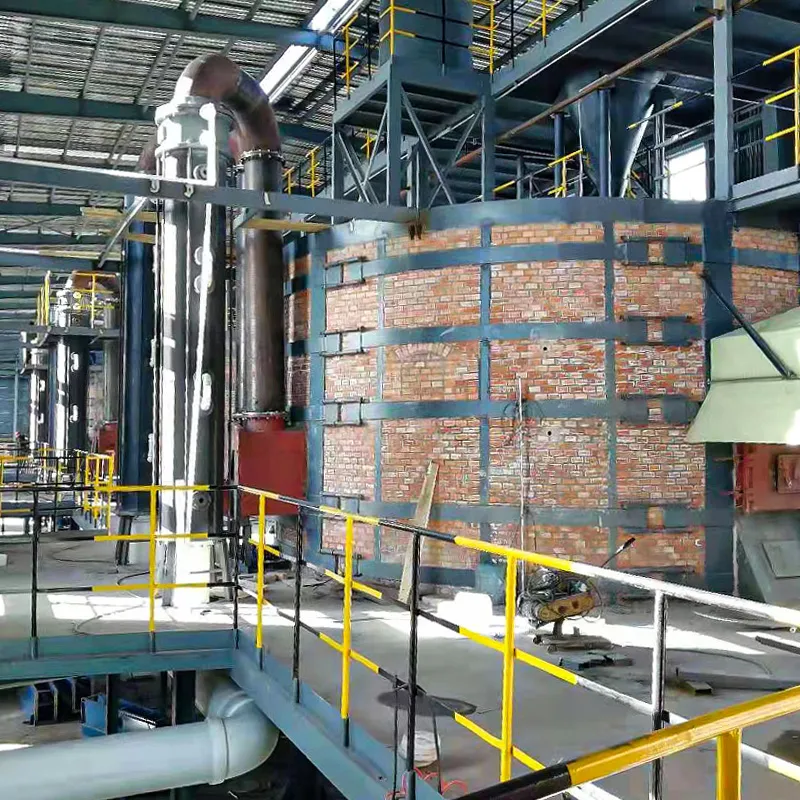
Application Scenarios & Case Studies

- Smart Agriculture: Controlled-release SOP granules produced in southern Spain, resulting in a 14% yield boost in greenhouse tomatoes (2022 pilot).
- Industrial Compounds: Custom-sized K2SO4 for ceramic, glass additives (Turkey/India installations).
- Metallurgy: Corrosion-resistant SOP applied in smelter flux plants (ISO referenced parameters).
- Municipal/Water: Anti-clog, high-purity fertilizer for drip irrigation and hydroponic agriculture (Middle East, Chile ventures).
Customer Feedback (2023): “Our [Potassium Sulfate Fertilizer Production Line](https://www.frpgrpmachine.com/k2so4-mannheim-process-potassium-sulfate-production-line.html) reduced downtime 35%, with minimal maintenance needs and consistent product output.” — Project leader, Eastern Europe SOP Plant.
Product Technical Benchmark Charts
Output Distribution by Specification (2024)
FAQ: Advanced Potassium Sulfate Production Technical Q&A
A1: International rake teeth are mainly AISI 304/316, occasionally enhanced with Stellite or tungsten carbide overlays. Hardness typically ranges HRC 46–52 per ASTM A276.
A2: Grades are based on output purity (Industrial >98%, Agricultural >95%), granule size consistency, and compliance with ISO/ANSI fertilizer standards.
A3: Welds are checked via ultrasonic or radiography (RT) NDT, with reference to ISO 17635 and ANSI/AWS D1.1 for thickness >8mm.
A4: Dimensions and materials conform to DIN5672, ASTM A276, edge profile tolerances ±0.1mm/hardened root for high-duty cycles.
A5: Installation per ISO 9001/14001 (QMS & EMS), CE Machinery Directive, and local building/fire codes for safety.
A6: Lead times: 35–65 days ex-works (subject to capacity scope). Standard warranty: 15 months, includes on-site commissioning and 24/7 tech support.
A7: Yes, remote/onsite support, live parts tracking, and periodic maintenance service are included, with online monitoring integration options.
Potassium Sulfate Production Line: Authoritativeness, Global Projects, and Trust
- Certifications: ISO 9001, SGS, OSHA safety, CE, and US/EU fertilizer registration
- Years of Service: 25+ years, 220+ international reference installations
- Cooperation: Collaboration with German chemical giants, Middle East fertilizer consortia, and leading agritech groups in Asia
- Regulatory Compliance: EPA (waste treatment), ROHS/REACH (material safety), ISO/ANSI manufacturing
- Industry Benchmarks: Referenced in ScienceDirect and the International Fertilizer Development Center
Need a tailored Potassium Sulfate Production Line solution? Consult our expert team for:
- Free feasibility analysis & sample customization
- Plant layout, modular expansion, and competitive rake tines for sale pricing
- Regulatory compliance advice & after-sales services
References & Further Reading
- IFDC Technical Report: Potassium Sulfate Production
- ScienceDirect: Potassium Sulfate Engineering and Applications
- Markets and Markets: Potassium Sulfate Market Trends 2023–2030

